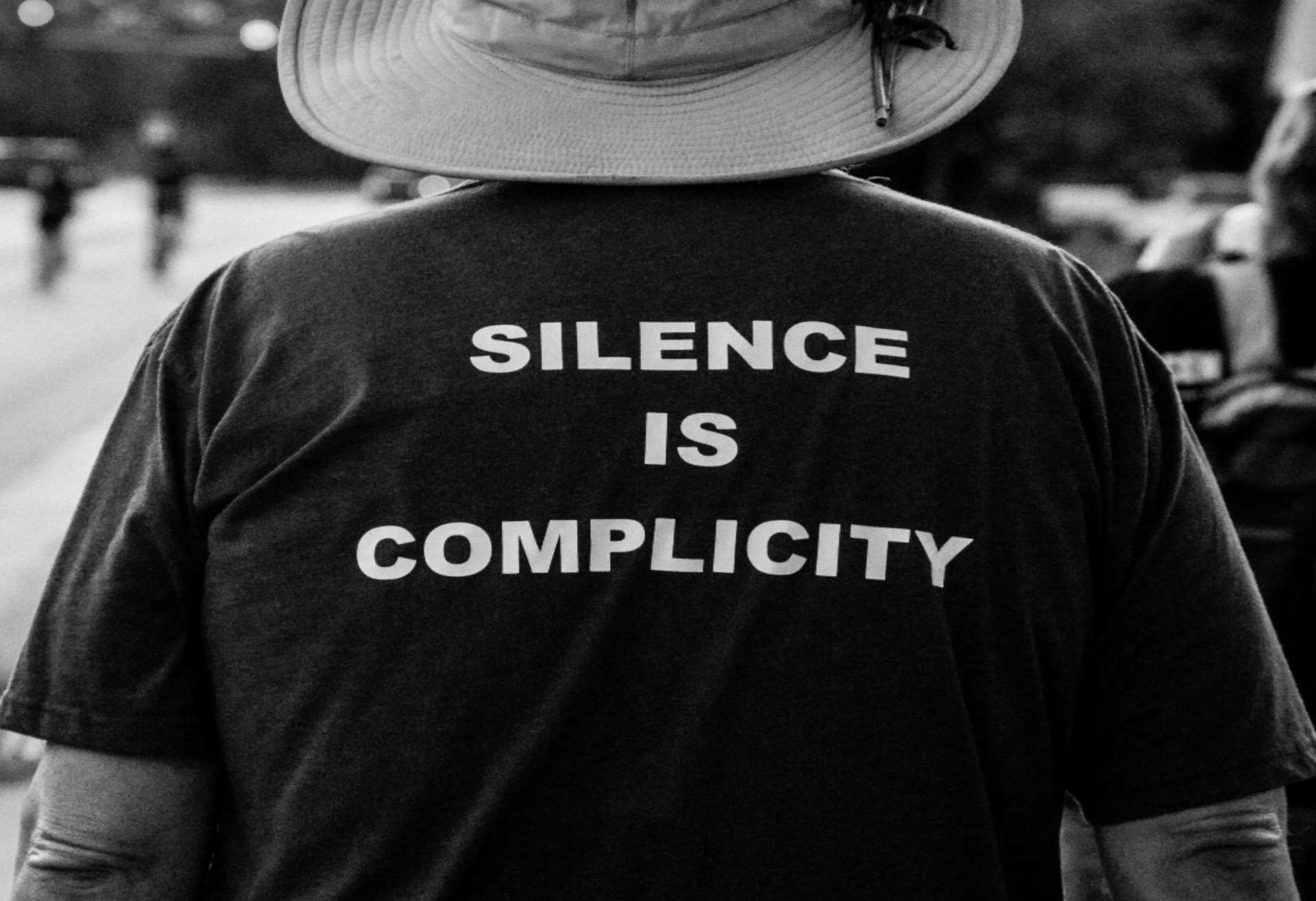
April 2021
We have a mandate to be God’s agents of change
In 2020, Elim launched a justice forum to provide intentional responses to issues of social responsibility and justice. Elim's Justice Forum is not just concerned with theoretical issues but will have a practical approach in identifying resources, tools, good practice, and key partners.
Following the launch last year, we caught up with Dominic and Catherine De Souza who chair the new forum.
What is the Elim Justice Forum, and why has it been launched?
Catherine: “The Forum was launched out of a desire to speak and work collectively across Elim on issues of justice. We want to help develop churches’ understanding of a range of issues and resource them to be part of tackling the problems. We want to make sure we are listening and responding to issues such as racial justice, climate change, gender justice, poverty and human trafficking.”
Dominic: “As part of the Elim Justice Forum we will launch taskforces focusing on specific issues as and when it’s appropriate. We launched our first one – our Racial Justice Taskforce – in the aftermath of the killing of George Floyd. The task-forces will bring together people in the Elim family who are passionate about these areas.”
Why do we need the Forum?
Dominic: “There’s a biblical mandate to pursue justice, and while it is not the totality of the gospel, the gospel without justice is not authentic. Elim collectively is very good at doing charity – and that’s very important – but to make a lasting difference we have to move beyond charity to justice. To use the example of the Good Samaritan, charity is doing what that Samaritan did in terms of helping the man who was beaten, and justice is looking at the conditions on the road to Jericho that allowed something like that to happen in the first place.”
Catherine: “Justice is part of God’s character; it isn’t something that’s an optional extra to the gospel. As the church, we have a mandate to be God’s agents of change in the world.”
Are Elim ministers asking for support when it comes to tackling injustice?
Catherine: “Yes, particularly in the past year there have been times when ministers have asked questions about how to respond and what to say about issues such as racial injustice. People have asked what they should do and how they should respond individually and within their churches.”
Dominic: “This is why the Forum is needed so that ministers and churches are equipped to think through the issues of justice. As Catherine says, there have been questions about how to respond to racial justice issues in particular. People are interested in exploring lots of other issues too. When it comes to homelessness, for example, what can we as churches do in our towns or cities to tackle the problem at the root level and be part of conversations around that.”
Will you be looking to work with Elim churches as the Forum develops?
Catherine: “Definitely. We want to share good practice so we can learn from each other. We also want to draw on the expertise and experience of other organisations which have been working in areas of justice for many years. We’re keen to work with churches and leaders and we look forward to having further conversations with many of them.”
Dominic: “And because we want to highlight good practice, we want to hear stories of what’s happening in Elim too. Our goals are to equip, resource and amplify, and to help us do that we want to encourage people to get in touch if they have stories to share.”
You launched the forum late last year. What have you focused on in the first few months?
Catherine: “In our first meetings we talked about where we are as an Elim Movement and what we can do next. We shared about the issues we see in our communities, and nationally. Our churches are rooted in communities, facing issues week in, week out, and there are members affected by injustice themselves, so supporting and equipping leaders to respond is our passion. In the first meeting, we also set out our aims that the Elim Justice Forum would work across the Movement to equip Christians in developing their understanding of justice issues.”
Dominic: “The Elim Justice Forum met, as did the Racial Justice Taskforce, which is chaired by our Executive Director Olivia Amartey. The task force includes a small group of Elim ministers at the moment, but it will involve laypeople who are experienced in and have a passion for this area too. We looked at some of the issues we need to focus on and spent time listening. We are trying to discern what God is saying to us and what changes we want to see.”
Read the launch announcement [29 October 2020]:
How can we respond to injustice?
Enjoy this article? Don't forget to share